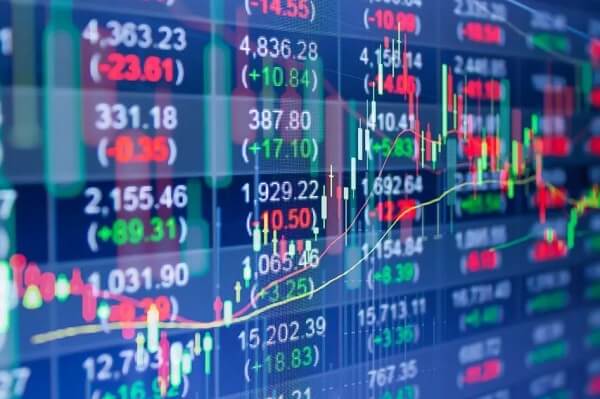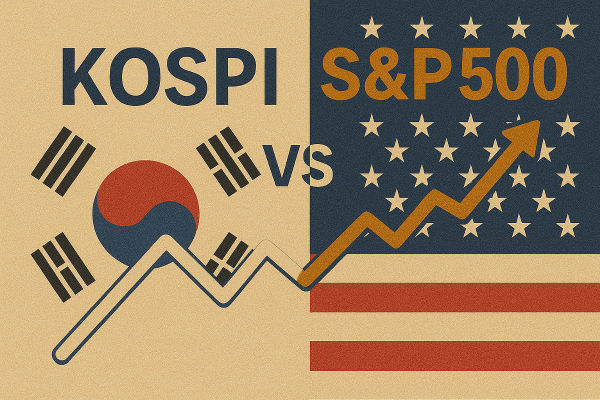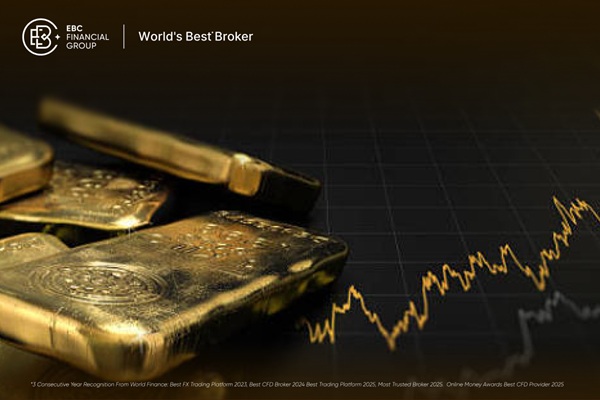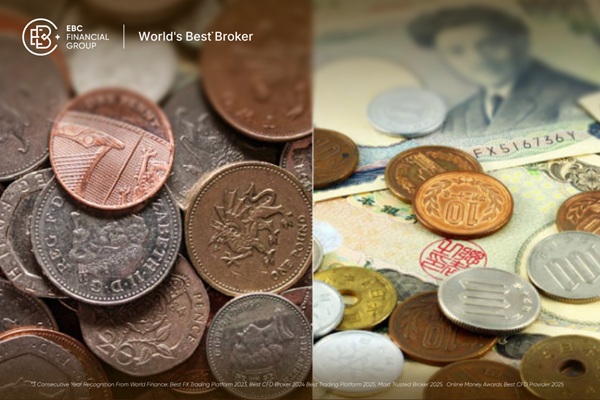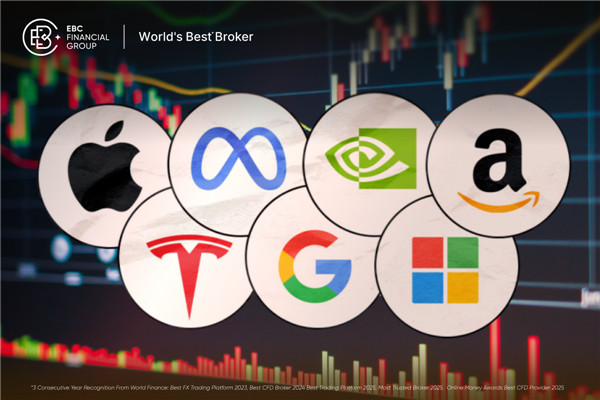Stock index futures, also known as stock price index futures, refer to standardized futures contracts based on stock index futures. Generally speaking, both parties can agree to buy and sell the target index at a certain future date according to the predetermined size and quantity of the stock index, and settle the price difference in cash after maturity for delivery; Stock index futures is one type of futures trading, which has basically the same characteristics and processes as ordinary commodity futures trading, abbreviated as SPIF in English.

The Significance of Stock Index Futures
1. Commodity significance: Stock index futures are actually a risk tool; Some mechanisms in the Chinese Securities market are still in need of improvement, such as the short selling mechanism, which can be compensated by the introduction of futures indices. Specifically, stock index futures can help investors transfer or remove the risks of their stocks, increase returns, and when investors encounter different market conditions, they can also adapt to the situation. When the capital market is too large, they can short the futures market; When the market quantity decreases and the stock index is long during a decline, it can increase the market's balance force, benefit the stability of the entire market, and slow down the ups and downs of the stock market and the situation of a unilateral market;
2. Financial significance: Stock index futures have improved the structure of the entire capital market and paved the way for other financial derivatives; In the entire capital market, financial derivatives account for the vast majority of the market share, involving stocks, indices, exchange rates, and interest rates, as well as futures, options, swaps, and forward trading; From this perspective, stock index futures and options can be said to be important varieties, accounting for nearly half of global Derivatives trading volume.
Main functions
1. To avoid investment risks, when investors are not optimistic about the stock market, they can use the hedging function of stock index futures to short the futures and lock in the book profit of the stock, thus avoiding the need to sell their stocks, causing a panic drop in the stock market.
2. Reducing stock market volatility: Stock index futures can reduce the daily and monthly average amplitudes of the stock market, suppress irrational fluctuations in the stock market. For example, in the five years before the launch of stock index futures, the daily average amplitude of the Shanghai and Shenzhen 300 Index was 2.51%, and the monthly average amplitude was 14.9%. After the launch of stock index futures, the daily average amplitude was 1.95%, and the monthly average amplitude was 10.7%, both showing significant declines.
3. Rich investment strategies, such as stock index futures and other financial derivatives, provide investors with risk hedging tools, which can enrich different investment strategies, change the consistency of stock market trading strategies, and provide investors with diversified wealth management tools to achieve long-term stable returns.
【 EBC Platform Risk Reminder and Disclaimer 】: There are risks in the market, and investment needs to be cautious. This article does not constitute investment advice.






